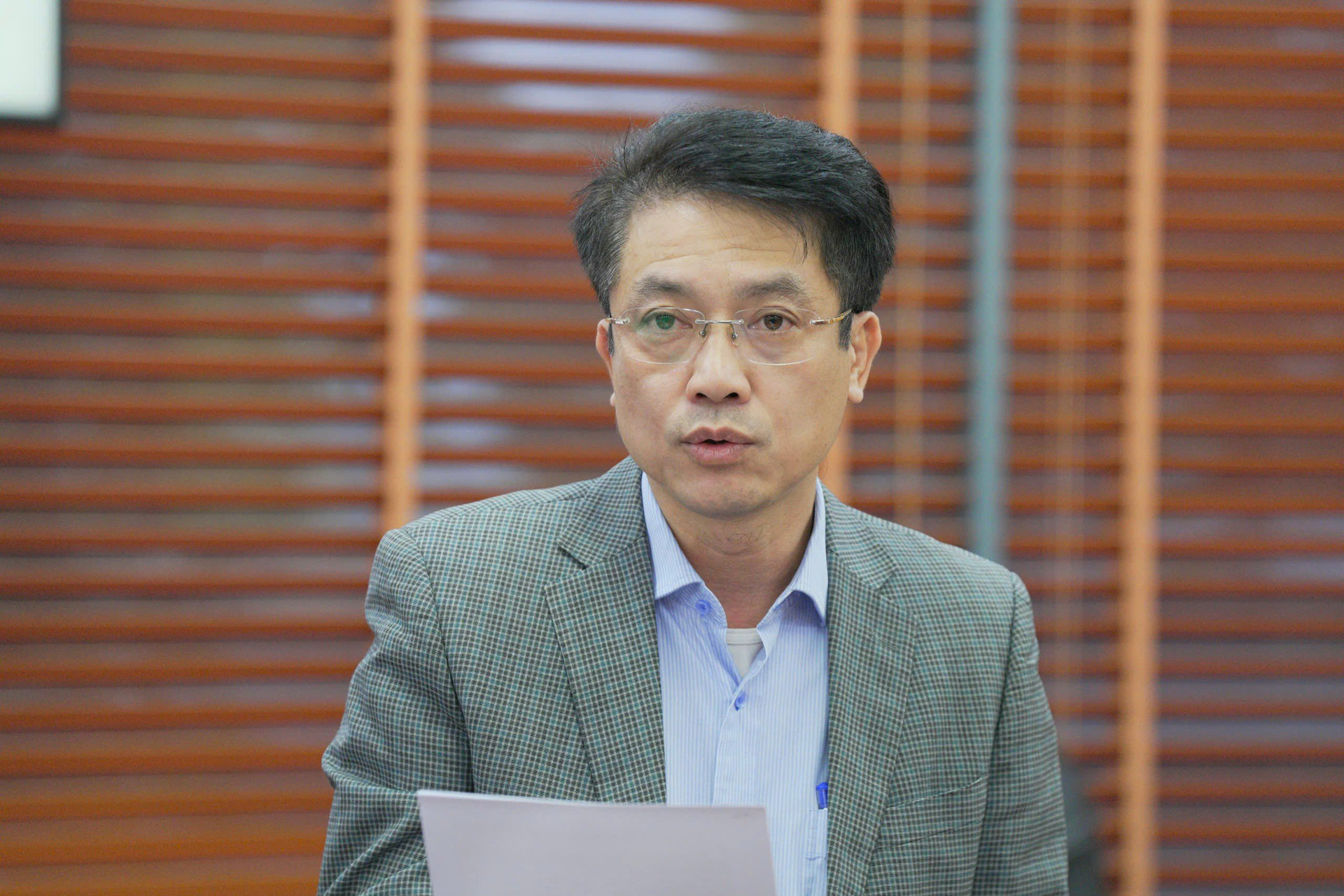
Nguyen Quang Dung, Director of the Department of Public Servants and Civil Servants at the Ministry of Home Affairs (MHA), in an interview with VietNamNet, spoke about proposed changes in the evaluation of public servants outlined in an amended draft Law on Cadres and Public Servants, set to be voted on by the National Assembly at its 9th session.
Both superiors and juniors are watching the "leaders"
Under the draft, the civil servant promotion exams will be abolished throughout the country. Why did MHA make this proposal and what changes will this bring in the use and management of cadres and civil servants?
MHA proposed to abolish the civil service promotion exam to avoid civil servants getting promoted and getting a raise in rank and salary in the ‘formalism’ manner. In each promotion exam, civil servants have taken a few multiple choice and written tests unrelated to their current job. After the exam, they automatically get a salary increase, but still do the same job.
In the future, there will be no more exams like that, but those who meet the requirements of job positions will be considered for promotion.
For example, the Department of Civil Servants and Public Employees is allowed to use seven senior specialist positions, but currently there are only six, so one is lacking. The Department Head will set criteria, consider the existing specialists in the Department to see who can meet the requirements of the senior specialist, and then appoint a capable person to that position.
However, if the assigned person fails to fulfill the tasks, he or she will be replaced by someone else, unlike the current system where passing the exam guarantees the salary of a senior specialist regardless of performance.
Does this mean promotions depend on the evaluation of leaders? Could favoritism affect the evaluation process?
The draft law also introduces many new points in the evaluation of cadres and civil servants to move towards more substantial evaluation. This includes the use of modern evaluation methods using KPIs, and using technological tools to know who can do and who cannot.
With a set of job criteria in place, if a leader shows favoritism but the favored person cannot perform, the leader will face consequences. Other colleagues will voice their opinions immediately. Both superiors and subordinates are watching the "leaders," so they cannot act arbitrarily.
But don’t you think Vietnamese people tend to be emotionally driven?
Being emotionally driven is indeed a characteristic of Vietnamese culture. But with an evaluation toolset in place, it will not be possible to act on emotions and make decisions based on ‘feelings’.
In fact, many state agencies have already implemented KPI-based evaluations, such as Da Nang, HauG iang, and Khanh Hoa.
Agencies now can quantify the amount of work; each job has a level of complexity and difficulty. And when assigning work, it is assigned on the computer. So, how civil servants perform the work, what day and time they complete it, or if they fail to do it, are all displayed on the computer. So, how can the boss like or hate this or that person?
Talented individuals need talented leaders to thrive
But in reality, there are cases where a leader assigns fewer or easier tasks to someone they favor and more or harder tasks to someone they dislike. In such cases, can KPIs still measure performance accurately?
When job positions are defined, there’s already a job description and competency framework. For example, a senior specialist must be capable of drafting proposals for the Central Government or decrees. He can’t say: “I’m a senior specialist, but I can’t do this.”
Currently, many officers become senior specialists simply because they’ve served long enough, or “surviving long enough to become senior” as described, but their performance may not meet expectations.
With these changes, do you think they will address the current problems in evaluating public servants?
KPIs are merely a set of indicators that quantify a public servant’s work results based on their job position for evaluation and scoring. The key is to identify which tasks are complex, and leaders must assign tasks clearly.
It all comes down to people, even when using tools like ChatGPT. People say ChatGPT is smart, but those who aren’t smart enough can’t use it effectively. Even with a smart tool, humans must guide and adjust it.
I believe the leader is crucial. Talented individuals need talented leaders to truly shine.
Thu Hang - Nguyen Thao